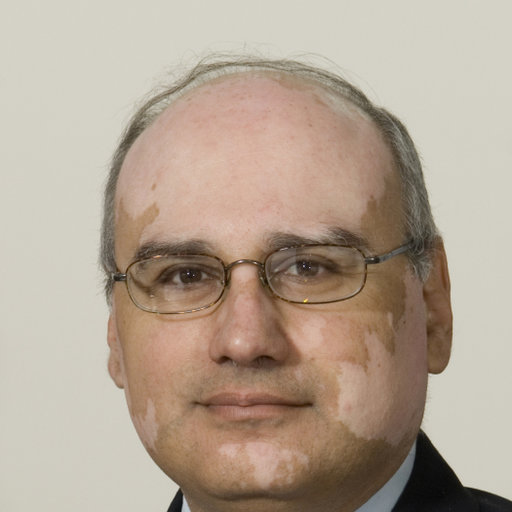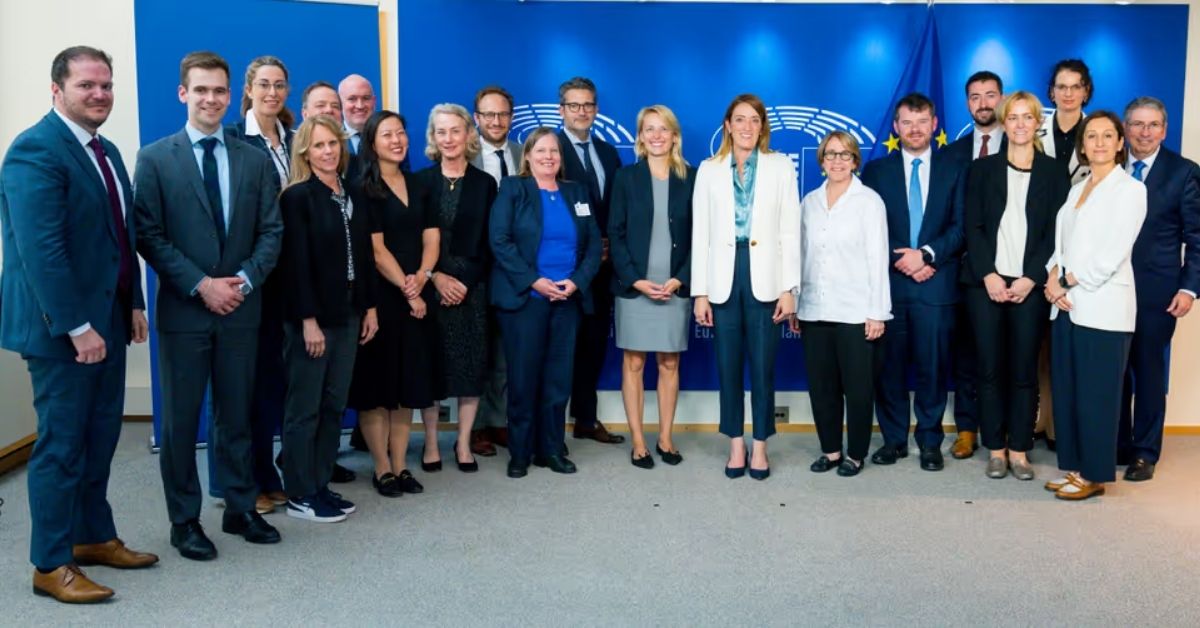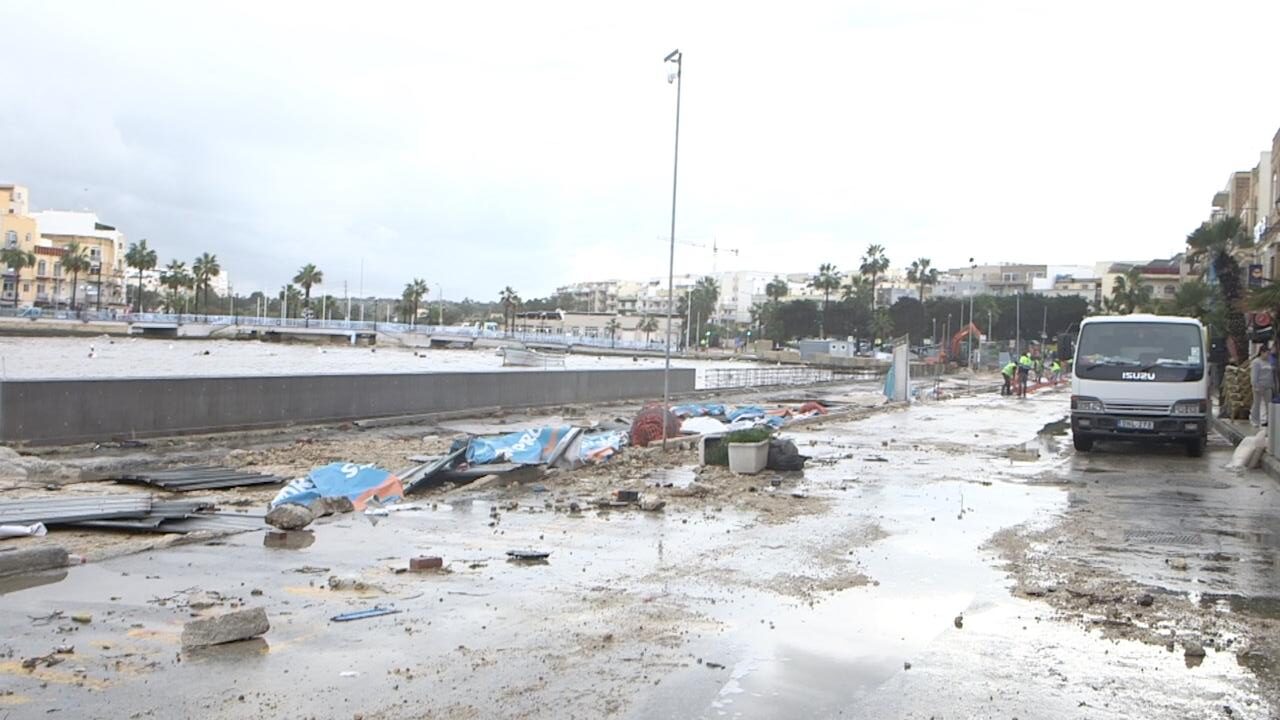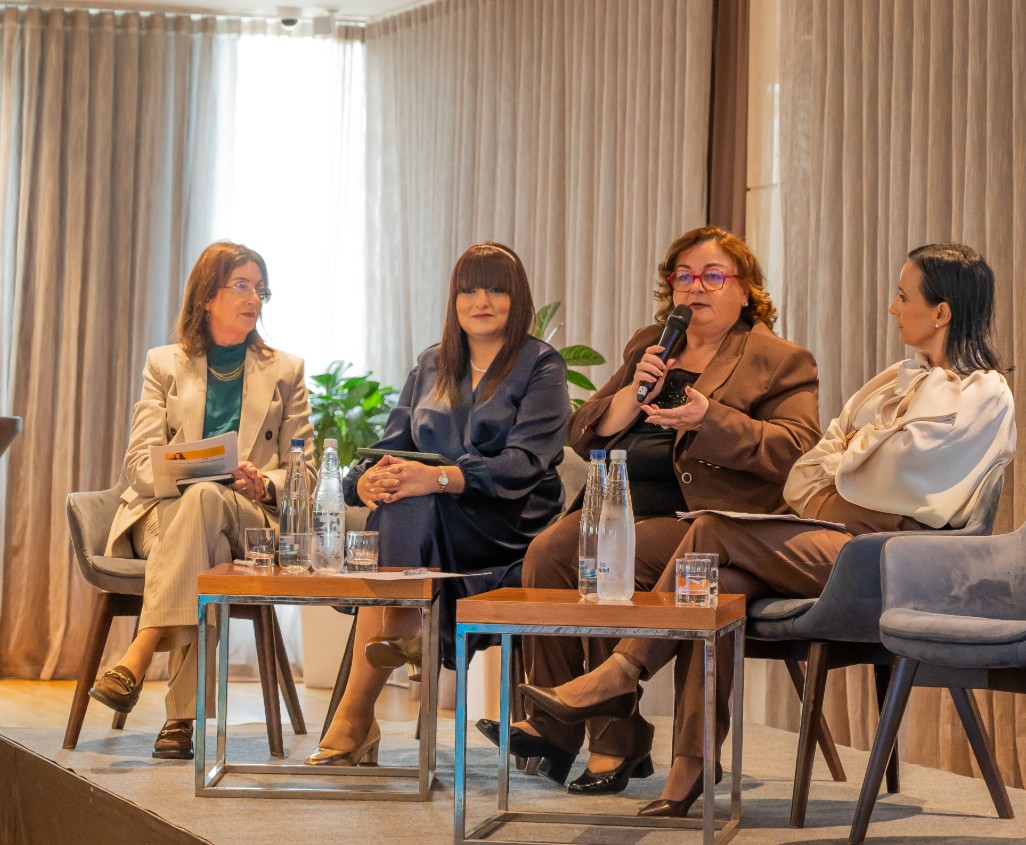Any investigation into price hikes for food items must begin with the Malta Competition and Consumer Affairs Authority (MCCAA), according to a leading economist, who insists that the local entity is ultimately responsible for data collection into the phenomenon, if nothing else.

Professor Philip von Brockdorff, deputy dean at the University of Malta’s Faculty of Economics, Management and Accountancy, made his comments to BusinessNow.mt after Member of European Parliament (MEP) Alex Agius Saliba wrote to the European Commission asked it to investigate Maltese importers over rising food prices.
His move was criticised by the Malta Chamber of SMEs, which described it as “a hypocritical attack for cheap political advancement.”
The issue was also picked up by Opposition MEP candidate Peter Agius, who argued that the Commission does not have the competence to wade into a national matter, a fact seemingly backed up by a response from the Commission stating that “it is usually the authorities of the member states that are best placed to conduct investigations.”

Mr Agius also took Mr Agius Saliba to task for not addressing his concerns to Minister for Inclusion, the Voluntary Sector and Consumer Rights Julia Farrugia Portelli, who could order the MCCAA to delve into the issue.
Prof. von Brockdorff agrees that addressing concerns about local competition “is the MCCAA’s job.” However, he goes beyond the arguments presented thus far by Mr Agius and Mr Agius Saliba, pointing to the “dominant position” of large supermarkets in Malta, which are increasingly importing their own products rather than relying on existing importers and distributors.
“We have a situation where we have a limited number of ‘hypermarkets’ that are increasing their dominance in the market. From the information I have, we are one of the few EU member states faced with this situation,” he says, pointing to Belgium as a prominent example.
In Belgium, 85 per cent of the retail food market is controlled by just five groups of companies.
“We do not know the relevant proportion controlled by the large players in Malta,” continues Prof. von Brockdorff, “but we need to know. And that is the MCCAA’s competence – it needs to determine these figures.”

One problem he foresees with any European Commission investigation into the Maltese situation is that it can only do so by referring to data collected by the local authority. “It will inevitably contact the MCCAA for its position. And if there is no concrete data to work with, it will run into a brock wall. There’s simply no visibility.”
For Prof. von Brockdorff, any solution must begin with a price watch.
“Authorities need to watch the prices to see how they vary and then determine whether that increase in price is justified based on costs.”
This can be done by taking a sample of products from a number of different retail outlets and monitoring their price variation over time, an exercise the economist is “sure” the MCCAA can do.
“It’s not a mammoth task. But it needs to be done, and there is no indication it is. Only then can we determine whether the price increases are justified or not. For all we know, they could very well be justified.”
While acknowledging the challenges inherent in Malta’s position as a small market on the periphery of Europe dependent on shipping for the vast majority of imports, Prof. von Brockdorff argues that authorities need to step up and take a more proactive approach to ensure that the principle of fair competition is upheld.
Whether the MCCAA is up to the task, however, is another matter altogether. Malta’s competition authority is an entity within a Government department, and is not “personally, functionally, institutionally, financially or legally independent,” according to a competition law expert who preferred not to be named.
“In Malta, the authority that’s supposed to enforce does not run investigations, not does it take decisions,” they said. “That is because it is ultimately under political control, and no minister has ever been interested in taking on big companies, losing votes and party funding to drive prices down for the public.”
Concerns regarding the MCCAA’s effectiveness in limiting anti-competitive practices were also raised in October, when Minister for Finance Clyde Caruana characterised Malta’s economic landscape as one “made up of cartels”, a view strongly refuted by several members of the local business community.
French NGO accuses Metsola and MEP of working with USA to dismantle Green Deal
Bloom calls out EU officials for 'adopting the Trump administration's strategy' to torpedo corporate environmental due diligence
Storm-hit businesses can now apply under amended Malta Enterprise scheme
A new measure offers targeted aid to storm-hit businesses while giving non-compliant operators one year to regularise their permits
Access to finance and rising fraud risks discussed at Malta Women & Finance Summit 2026
Expert advice for spotting scams and opinions on investing






